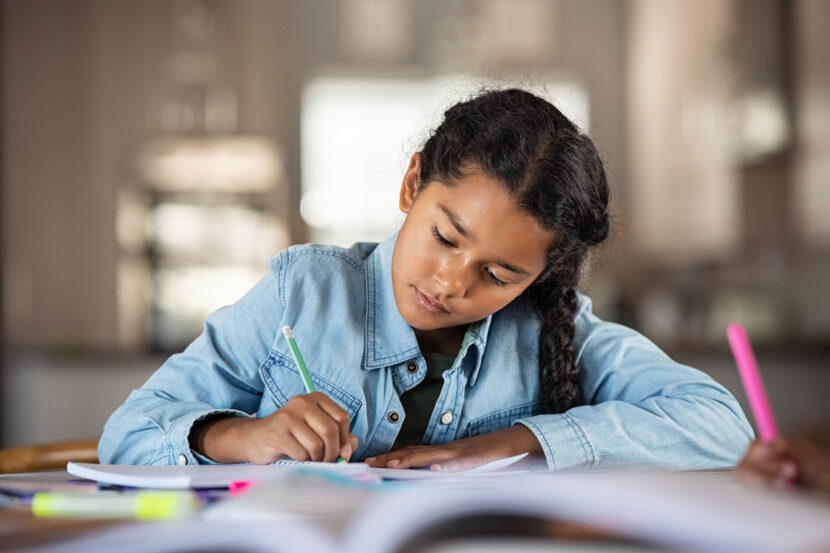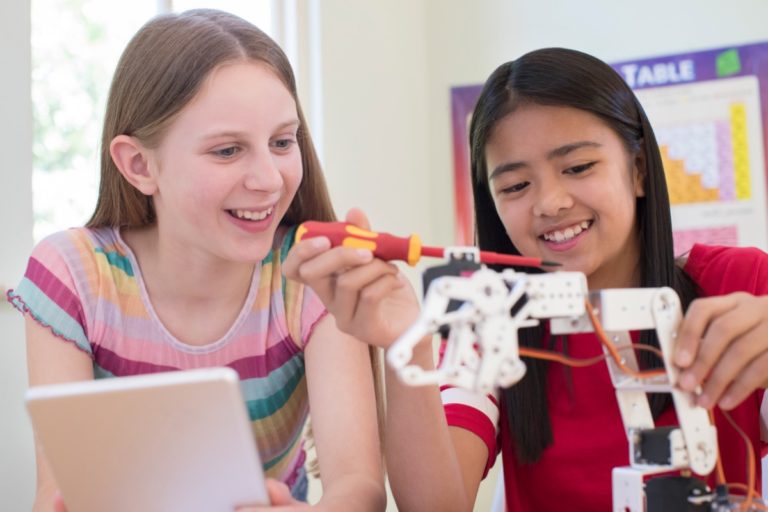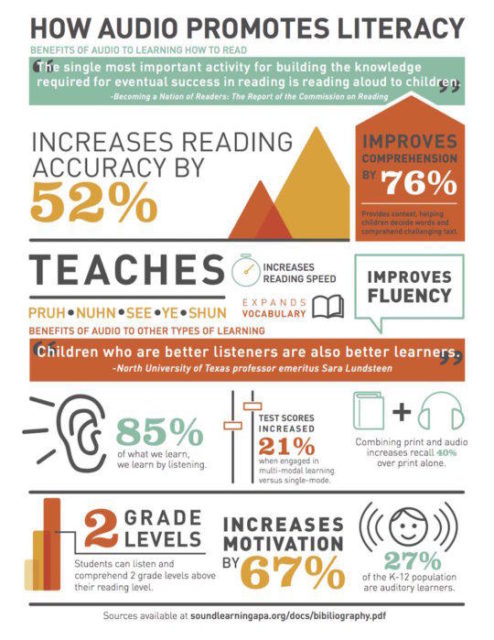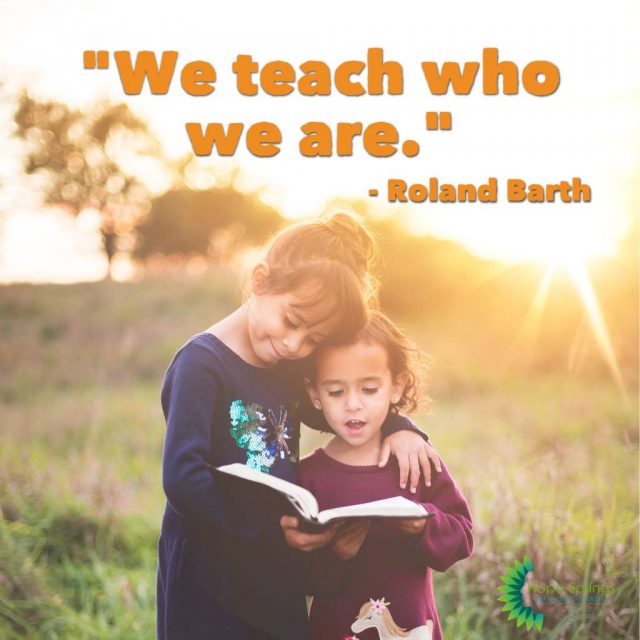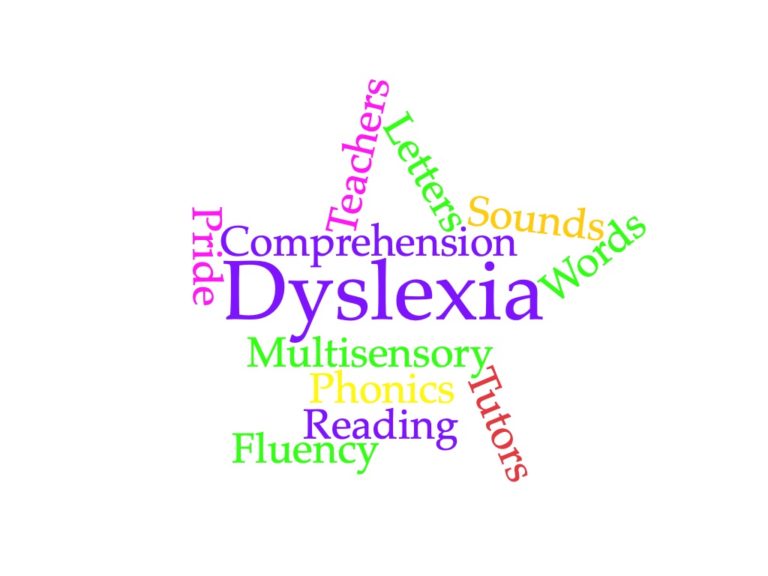Fine Motor Weakness in Children: Skills and Tools That Can Help Handwriting
Fine motor weakness is common among school-age children and can certainly make learning more difficult. Fine motor skills are the skills needed to coordinate small muscle movements with our hands and wrists. They also coordinate actions with our brain messages. When fine motor skills are delayed, children often struggle with strength, speed, and coordination. Fine motor delays are […]
![]()

